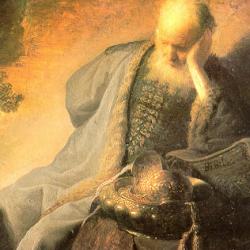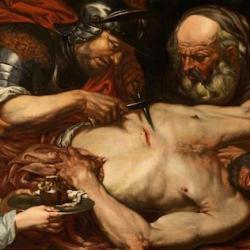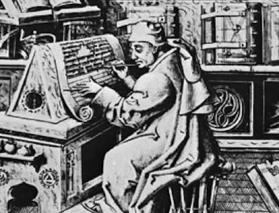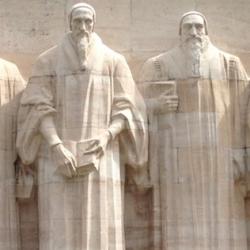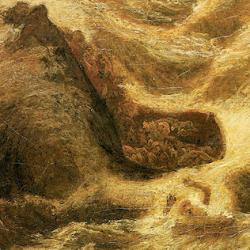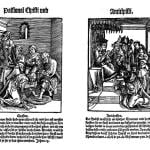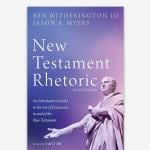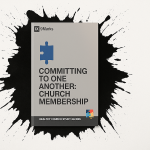In his temple sermon, Jeremiah warns the people of Jerusalem that Solomon’s temple is going to share the same fate at Shiloh (Jeremiah 7:1-15). Shiloh is where the Mosaic tabernacle was pitched when Israel entered the land. It remained there until the Philistines destroyed it and captured the ark (1 Samuel 4-6). Jeremiah is saying that Gentiles will destroy the temple, slaughter its priests, and take away its furniture. It’s Shiloh redux. Theopolis student John Crawford pointed to the sequel in 1... Read more

